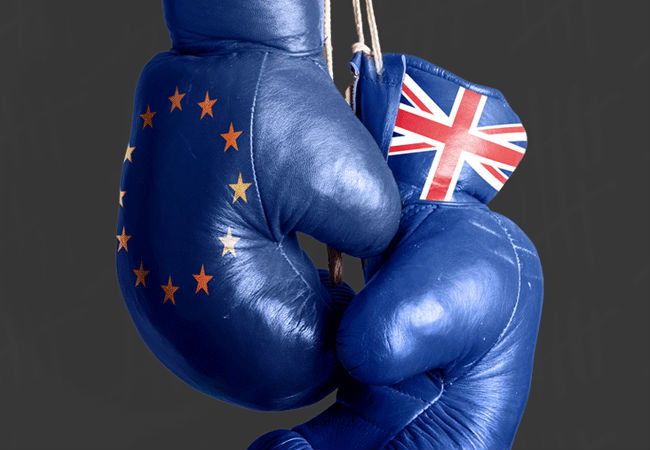This week, David Cameron will write to Donald Tusk, the President of the European Council, to set out his requirements in the renegotiation of the terms of Britain’s EU membership.
Under the heading of ‘Sovereignty and Subsidiarity’ David Cameron wants the commitment to “ever closer union among the peoples of Europe” to be disapplied to the UK.
He argues that the words imply a commitment to a political union to which the British, in joining what they thought was a common market only, never really signed up. In reality, Britain did sign up to ‘ever closer union’, which is in the preamble to the EU’s founding treaty, the Treaty of Rome.
It is possible to see an agreement in which, for example, Britain would secure what it wants in exchange for its agreement not to block further integration within the euro zone. What would not be negotiable is a British right to opt out of any piece of EU legislation which the UK has opposed. That would make nonsense of the use of majority voting, for example on single market measures.
The British Government are also seeking “a greater role for national Parliaments” in EU decision making. EU laws are proposed by the European Commission and negotiated, amended and adopted (or rejected) by the Council of Ministers (representing the elected politicians of each Member State) and by the directly elected European Parliament.
The role of national Parliaments is largely limited to scrutiny. However, if one third of the EU’s national Parliaments oppose a proposed piece of legislation, then the Commission are obliged to pause and reconsider. This is the so-called yellow card. David Cameron wants to turn yellow into red, so that a group of national Parliaments in the Member States could require a proposal to be withdrawn altogether. The European Parliament will not like it. However, if necessary, the Commission could give an undertaking on their own authority that they would withdraw any proposal which had been shown a red card.
David Cameron is pressing for a reduction in EU regulation. Already, the European Commission has dramatically cut the number of legislative initiatives. The Commission have also committed themselves to the completion of the single market, particularly in services, a longstanding UK goal. The British Government are also going with the grain in wanting new international trade deals between the EU and countries such as Japan, China and the United States.
More difficult will be to protect the single market rights (especially in the provision of financial services) of those Member Governments of the EU which do not join the single currency. In the negotiations on Banking Union, George Osborne achieved a double lock whereby measures require the approval of a majority, not just of euro zone members, but of non-members as well.
That lock only lasts as long as there are at least four Member States outside the single currency. In law, only the UK and Denmark have the right to stay out of the single currency. All other EU members are legally obliged to join the single currency if and when they meet the criteria. Mr Osborne will not want to have to rely on the hope that more than four countries will stay out of the single currency for the foreseeable future. Getting something meaningful for the UK, but also acceptable to the euro zone, is likely to be one of the hardest parts of the negotiation, and potentially the most important in the UK’s interests.
Finally, the British Government want to “tackle abuses of the right to free movement” within the EU. The British are not challenging the principle of free movement but do want to limit the access of EU migrants to social welfare benefits. This too is controversial, not least for the Governments of the countries of east and central Europe. There is likely to be a gap between what can realistically be achieved and the goal of reduced immigration that the Government has set itself.
David Cameron has promised a referendum before the end of 2017. He has visited the other EU capitals and had discussions with senior figures in the European Parliament. His aim is to settle as much as possible in private, rather than in a semi-public negotiation. He is likely to try to conclude the discussions so as to be able to hold a referendum in 2016.

